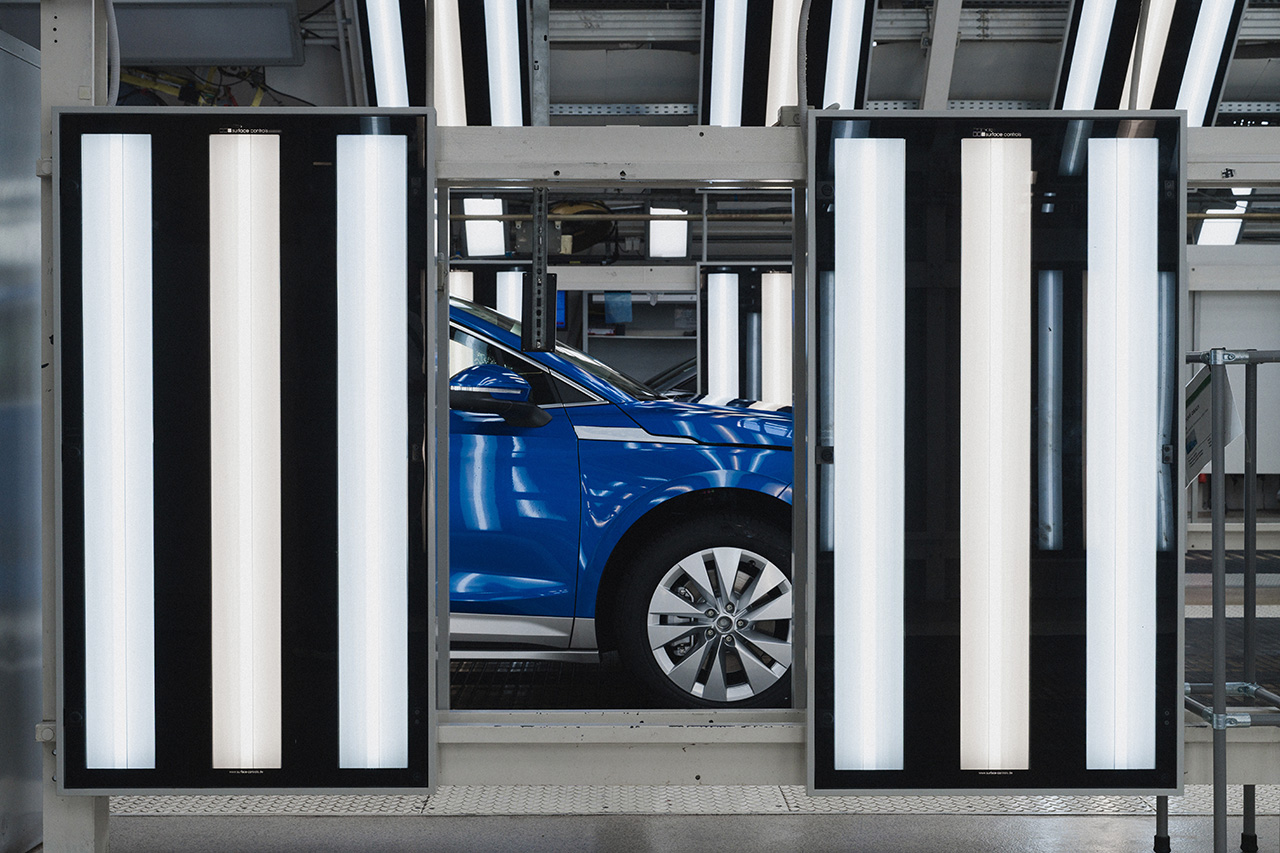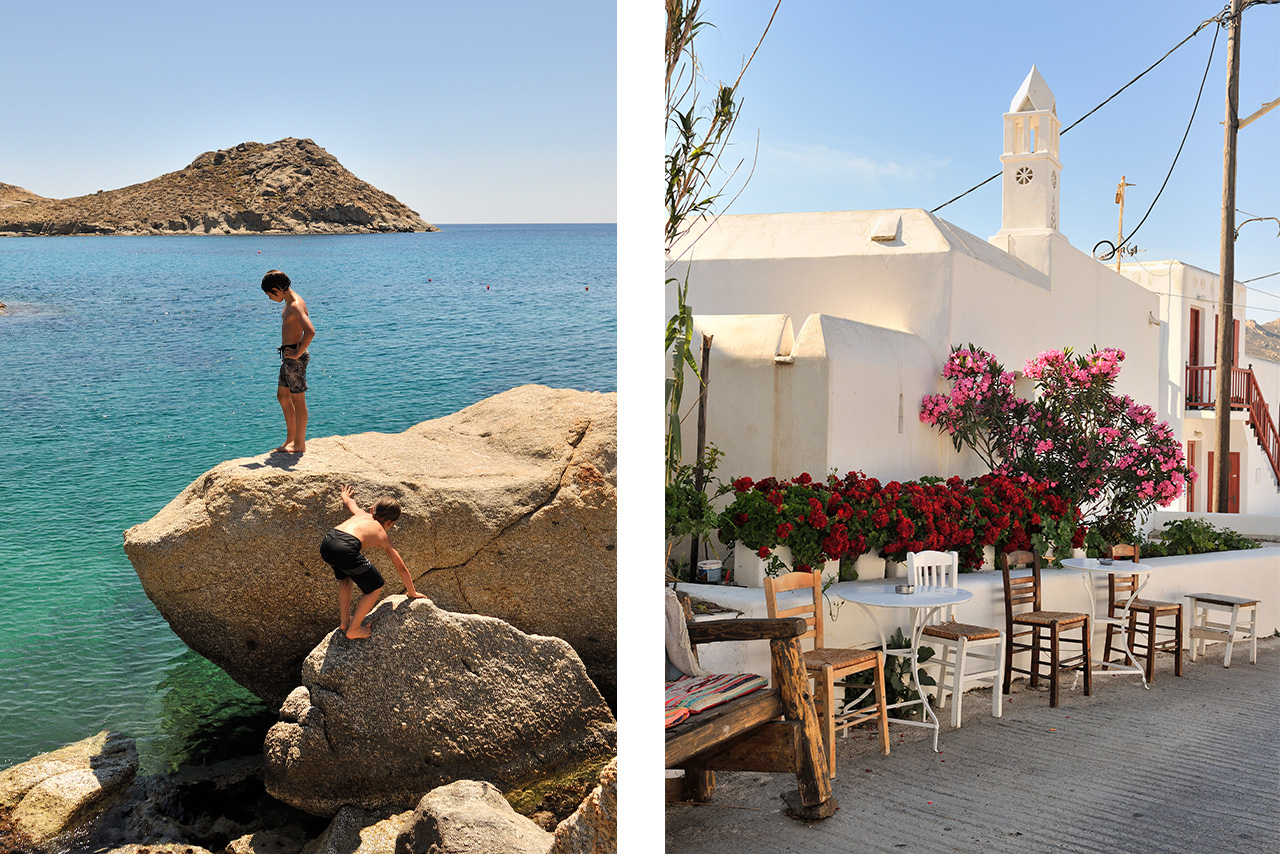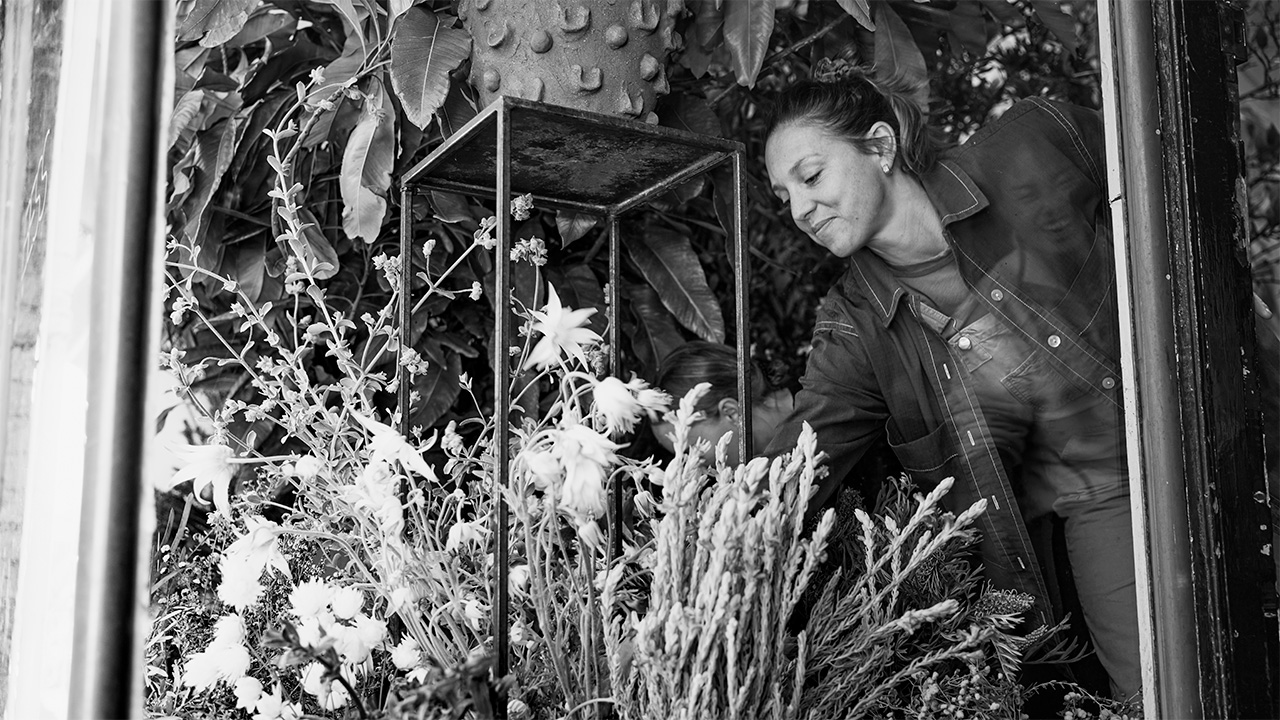How Škoda took the EV market by storm, a summer getaway to a Swedish cabin and where to go on a maturing Mykonos.
|
Thursday 21/8/25
|

|
|
London
Paris
Zürich
Milan
Bangkok
Tokyo
Toronto
|
|
|
|

Good morning from Midori House. For more news and views, tune in to Monocle Radio or visit monocle.com. Here’s what’s coming up in today’s Monocle Minute:
THE OPINION: Why workers need to stop clock-watching
TRANSPORT: How Škoda took the EV market by storm
DAILY TREAT: A summer getaway to a Swedish cabin
FROM MONOCLE.COM: Where to go on a maturing Mykonos
|
|
How we work must change: let’s not have a meeting about it
By Josh Fehnert
|

|
Bad news I’m afraid, hard work is no longer its own reward. According to weirdo workaholics such as Elon Musk, success is instead a numbers game and you’re probably not applying yourself assiduously enough by his standards. “Nobody ever changed the world on 40 hours a week,” he once notably said in a post on X, musing instead that 80 to 100 hours is more conducive to earthly improvement.
Now you might question Musk’s wisdom – and his seemingly limitless time to post half-formed thoughts online – but he’s right in one respect. Doing anything meaningful usually takes both time and effort. But how much of each is open for debate.
According to the Organisation for Economic Co-operation and Development (OECD), the average working week in Germany was fewer than 30 hours in 2024 but more productive than a 40-plus hour slog in Mexico. There’s also growing evidence that working more than 50 hours a week leads in many cases to a fateful collapse in productivity and is disastrous for our health. Cue the slightly silly debates about limiting the working week. It’s fine for a foot-dragger in the local council but less so for entrepreneurs, those serving customers, working across time zones or adapting to time-sensitive information.

There’s more to consider too. Take the long-braced-for but yet-to-materialise upheaval of the labour market by AI, blockchain or superintelligence (or NFTs or the Metaverse before them), and a credible working hypothesis for how we work best still seems as far away as a ski holiday in sultry summer. But perhaps we’re being a little simplistic about our idea of success?
Microsoft is at least beginning to acknowledge the negative effects of long hours, endless emails, meetings and the online overload. Its Work Trend Index identifies workers as carrying a “digital debt” and registers an intensification of work that’s fast outpacing the human capacity to process the information with which we’re bombarded.
“It’s all a bit absurd,” says Markus Albers, author of the new book The Optimisation Lie (published in German). “One of the very companies whose products distract us, keep us in meeting loops and encourage a permanent state of collaboration seems to have suddenly realised that it’s not such a good idea.” In his essay for us in the out-today issue of Monocle, Albers unpacks the ennui and exhaustion to find a better balance (longer hours, alas Elon, aren’t the key).
We need to reframe the idea of work, not as toil but as a good thing, says academic Hans-Joachim Voth, scientific director of UBS Center for Economics in Society. In his study of 1,500 workers in the US, he found “the most important source of fulfilment was work”, not the relentless pursuit of leisure you might expect from an idle scroll through social media. “Doing something meaningful, mastering tasks and receiving appreciation. Taking pride in one’s achievements, contributing to a greater whole and camaraderie were key,” he said recently in an interview with the NZZ newspaper.
So, perhaps it’s best to resist tallying your time by the hour or pinning your productivity to meaningless emails or endless meetings – maybe that might change the world in its way. Success, whether you’re a carpenter or a CEO, is about how work makes you feel. Counting the hours might be the first sign that you’ve got the balance badly wrong.
Josh Fehnert is Monocle’s editor. The essay by Markus Albers and interview with Hans-Joachim Voth are both published in Monocle’s September issue of the magazine.
|
|
TRANSPORT: EUROPE
Can Škoda lead the charge for Europe’s EV industry?
Chinese carmaker BYD’s new Hungarian plant, set to open in Szeged in October, will allow the electrical vehicle (EV) behemoth to bypass EU tariffs and more easily access the bloc’s huge consumer market (writes Julia Jenne). Unsurprisingly, there is unease among European manufacturers that have seen their own EVs sales stall. There is, however, one notable exception – Czech carmaker Škoda.

On the charge: Inside Škoda’s Mladá Boleslav factory
According to Škoda’s CEO, Klaus Zellmer, flexibility on its production lines will keep Czech-made car sales moving even as the continent’s once-proud marques from Germany and Italy seem to be running out of gas. German automotive exports fell by a quarter between 2016 and 2023; while Italy’s Stellantis, which owns Fiat, Peugeot and Jeep, produced 34 per cent fewer passenger cars in the first six months of 2025 compared to the year previous. But for all the gloom, the route to redemption is lit by the headlights of Škoda. Once the butt of many a joke due to its cars’ perceived unreliability and bland design, the Czech manufacturer has rejuvenated its brand while rolling out a line of affordable, attractive and reliable EVs.
For Monocle’s new mobility special, we visited the factory floor at Škoda HQ to see how its commitment to simplicity and affordable luxury is rivalling China’s EV brands. Pick up a copy today or subscribers can read the full story here.
|
|
• • • • • daily treat • • • • •
Stay in a Swedish cabin for a slower summer getaway
There’s a simplicity to the Scandinavian summer: long days, bright nights and regular cooling plunges. For a slice of Swedish sun head to Landet Stay, just an hour’s drive from Stockholm, where light-filled cabins designed by architect Andreas Martin-Löf sit among towering conifers.
Landet brought Tobias Vernon (of London’s 8 Holland Street) in to plan the interiors, where oak-panelled walls now host pieces from Nordic designers such as Louis Poulsen, &Tradition and Hay. But remember, the Swedish summertime is about the outdoors. Set on the Södra Lämund nature reserve, there’s lake swimming and forest hikes to while away the days. And for a more calming afternoon, book out the wood-fired sauna that floats on a lakeside pontoon.
landetstay.com
|
|
Behind Mykonos’s whitewashed villas and sunset cocktails, an island is maturing
Greece is the home of mythology – so it’s perhaps fitting that Mykonos’s reputation for beauty, sun and salubrious nights has become the stuff of legend. The small Cycladic island has achieved what many destinations have tried and failed to do: it has become, in effect, a brand. That said, a few fallow years of cancelled holidays and grounded flights have brought the temperature down a little. After years of being Greece’s glamorous playground, the island is maturing by embracing heritage, culture and authenticity. Here’s how to experience the best of its new chapter.

Growing up: Rocky shore near The Wild Hotel (on left) and outside the Odos Araxame restaurant in Ano Mera
Where to stay: The Wild Hotel
Perched on a cliff near Kalafatis Beach, this 39-key hotel combines earthy, natural tones and Cycladic architecture.
thewildhotel.com
Where to eat: Mathios Tavern
Hosts Vaggelio and Dimitris have served Greek classics at their taverna in Tourlos, Mykonos Town, since 1964.
mathiostavern.com
Where to swim: Lia Beach
Mykonos has plenty of beaches, including party-central Super Paradise. But Lia offers beachgoers a more tranquil time.
To read the full story on Mykonos’s new chapter, click here. And for more tips and handy, downloadable maps to a host of destinations, check our new-look City Guides.
|
|
Monocle Radio: The entrepreneurs
A toast to Australian botanicals: Papa Salt and Bess Paddington
Papa Salt co-founder Charlie Maas speaks about testing 59 distilled recipes before settling on its gin, which uses native Australian botanicals. Plus: a florist’s mission to elevate the status of the country’s wild flowers.

|
|
Newsletter:
Join us
Welcome to our world
Has this been forwarded to you
by a friend? Sign up to The
Monocle Minute and Monocle
Weekend Editions to receive your
own bulletin of weekday news and
weekend treats.
| | |